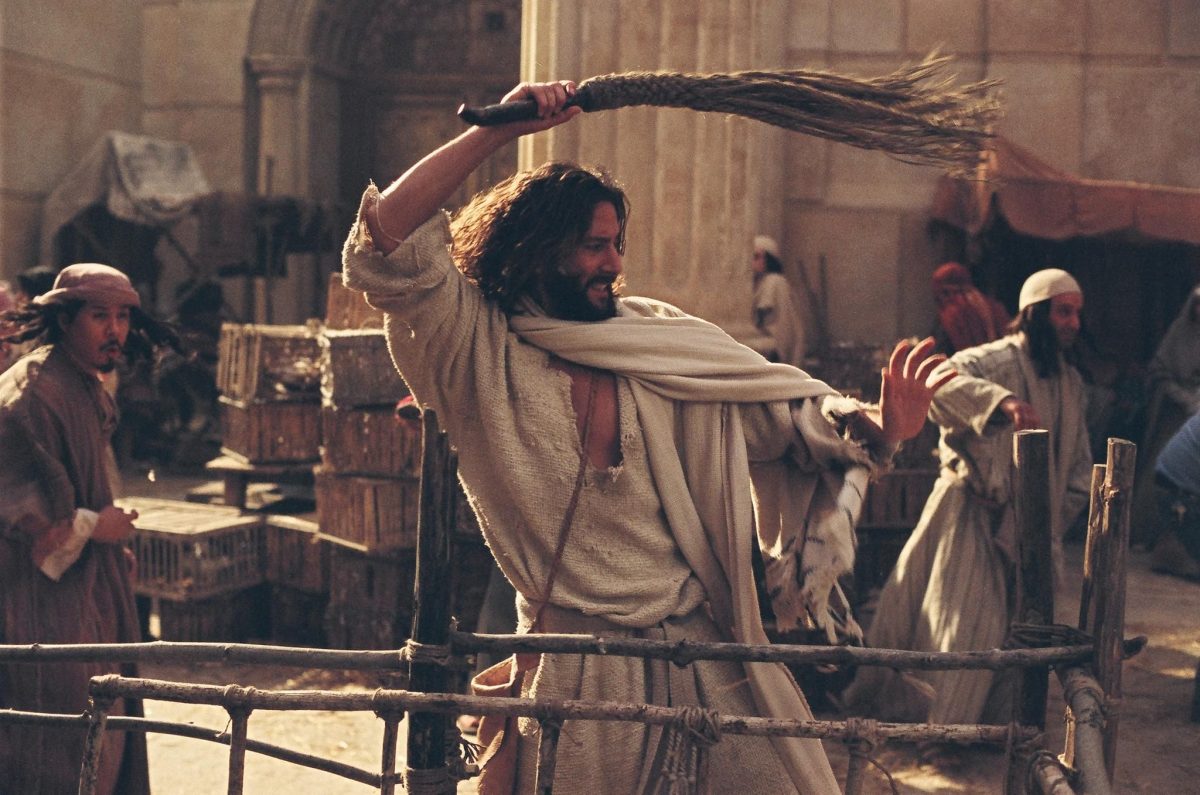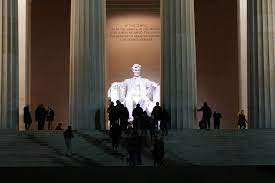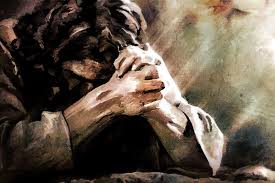Background Passages: I Samuel 1:10, Daniel 9:3-4, and James 5:13-16
I’m almost a week late with this Bible study. I sat down several times last week to study and prepare. My heart wasn’t in it. The words wouldn’t come.
I wish I could attribute my delay to writer’s block, but the reason was far more personal. My oldest son was in St. Luke’s dealing with the aftermath of a stroke. The tension of those early, uncertain days hit with full force every time I sat still for any length of time. Clearing my mind sufficiently to write a coherent sentence bordered on the impossible.
Before I go further, I’ll share a praise to God and the doctors and physical therapists he placed in Adam’s life. Our son is home now with his family, his condition and situation vastly improved over this time a week ago. Physical therapy will continue, but the prognosis is incredibly positive for full recovery.
Adam and Jordan dealt with the immediate impact of his situation while we could only stand at a distance, help take care of our grandchildren and pray. As those not directly and immediately impacted by the crisis, we discovered again what we knew to be true, but chose to forget from the last family crisis we experienced. Life goes on. It doesn’t respect our need to process the situation. It keeps coming. That’s not always a bad thing when God is at work.
As a part of my volunteer work in the community, I chair the Steering Committee of the McDonald’s Texas Invitational Basketball Tournament. The role carries with it a responsibility to be present and engaged with sponsors, coaches, officials and volunteers during the three-day event. Unable to go to the hospital due to Covid restrictions, Robin and I attended the games with our hearts troubled and our brains in a deep fog.
The two of us grabbed dinner and sat at an empty table in one of the hospitality rooms. Neither of us said much. Lost in our own thoughts. A woman entered, picked up her dinner and sat at an empty table next to us. Robin invited her to sit with us. She picked up her tray and sat next to me. We began to visit, my mind doing its best to focus on the conversation.
Nzinga Rideaux told us she was a board member for the Houston area Fellowship of Christian Athletes. She was helping man the organization’s booth at Phillips Fieldhouse. The conversation turned to family and I shared with her about Adam and his condition.
In a room filled with 35-40 volunteers, coaches and referees, she pushed her plate aside, grabbed my hand and said, “Let’s pray right now.” The words she spoke for the next two minutes were both heaven sent and heaven directed. The power in her spirit flowed as eloquently as her words. With that final “Amen,” I recall thinking, there is no way God could ignore that petition. So powerful were her words, it seemed God now had little choice but to make Adam well. How could he refuse that woman?
Chinese pastor Watchman Nee might have had a woman like Nzinga in mind when he said, “Our prayers lay the track down on which God’s power can come. Like a mighty locomotive, his power is irresistible, but it cannot reach us without the rails.” In my life last week, Nzinga drove the Golden Spike into God’s trans-spiritual railroad. She lifted my heart from its despair and renewed my hope.
I know Robin and I had prayed fervently for God’s hand upon Adam. I know God heard our prayers. Nzinga, however, is the pure definition of a “prayer warrior.” I’m pretty sure he sped up the process when Nzinga prayed.
A prayer warrior is someone known for regularly interceding before God on behalf of others. Someone who stands between you and the trouble afflicting your life, calling down the presence and power of the Lord. A prayer warrior is someone who knows God’s blessings and knows without doubt those blessings are ours to claim.
Think Hannah.
Barren for years, she prayed for a child. Though years passed, she continued to pray, despite her aching heart. She continued to pray even when she reached the end of her rope.
“And she was in bitterness of soul and prayed to the Lord and wept in anguish.” (I Samuel 1:10)
Hannah prayed intently and purposefully with tears of frustration and sorrow. She prayed persistently and passionately until Samuel was born. It’s nice to know God is not offended by our questioning, our frustrations and our confusion.
Think Daniel.
When God revealed to Daniel as a young man that Israel would be taken into captivity and exiled from their land, Daniel interceded on behalf of his people.
“I set my face toward the Lord God to make request by prayer and supplications, with fasting, sackcloth, and ashes. And I prayed to the Lord my God, and made confession, and said, “O Lord, great and awesome God, who keeps his covenant and mercy with those who love him, and with those who keep his commandments. (Daniel 9:3-4)
This was the prayer of a man who recognize the path he was on and claimed the blessings promised by a faithful father. Daniel’s path would not be easy. Neither will Adam’s path be without challenge. Still, Daniel knew the path would be paved with the promises of God. Adam knows that as well.
Nzinga’s prayer that night was Hannah and Daniel personified in the presence of an African-American woman with a deep, abiding faith. Intense. Purposeful. Persistent. Passionate. Confident in the promises of God.
It’s Thanksgiving.
We have much for which to sing praises of gratitude to our God.
When we gathered today as an extended family around our table for our non-traditional Thanksgiving meal of beef and chicken fajitas, Adam sat among us. How could you not be thankful in such a moment?
In the moment of our Thanksgiving prayer, I silently thanked God that we were all together. I thanked him for Adam’s life and his prospects for a full recovery. I thanked God for Adam’s wife, Jordan, who was and is his rock throughout their crisis. She reminds me so much of my Mom. I thanked God for Robin who was my anchor in the storm.
I thanked God for the doctors, physical therapists and caregivers who tended to my son. I thanked God for every word of encouragement and hope they offered.
I thanked God for our church staff and congregation who lifted our family in prayer, interceding on our behalf. I expressed my gratitude for friends at work and at church who wrapped their arms around Adam and his family. I thank him for those individuals in my life whose words and touch sustained Robin and me during our days.
I thanked God for my new friend Nzinga. I know he put her at our table with heavenly intent. I also thanked him for the other prayer warriors I know who stood in the gap between our family and the troubles we faced as they called down the power and presence of God.
This journey for Adam and his family is not over. The extended outpatient therapy will hopefully lead to full recovery in a matter of weeks or short months. I continue to covet your prayers for the days ahead…for stamina, endurance, patience, hope and end result that will give God all the glory.
James spoke about the prayers of the faithful.
“Is anyone among you in trouble? Let them pray. Is anyone happy? Let them sing songs of praise. Is anyone among you sick? Let them call the elders of the church to pray over them and anoint them with oil in the name of the Lord…The prayer of a righteous person is powerful and effective.” James 5:13-14,16b)
I still don’t know if I strung together a cogent sentence today. Forgive a father for his incoherent ramblings and let God share with you what I’m trying to say.
I do, however, know this one thing. I know today how powerful and effective the prayers of a righteous person can be. And, I know without a doubt that God is good.
Happy Thanksgiving to you all.




